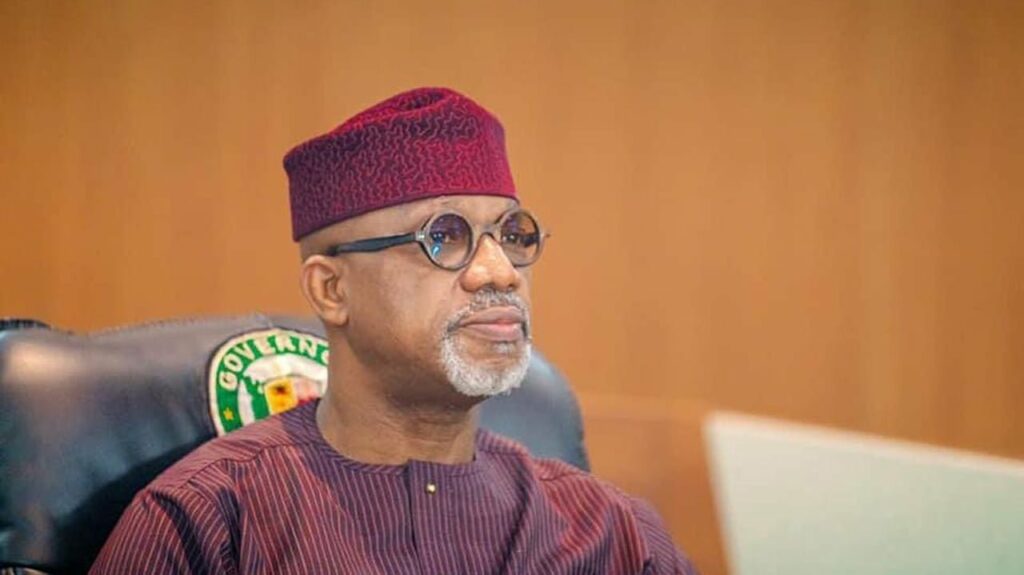- Ogun State Governor Dapo Abiodun announces plans to implement a new minimum wage, emphasizing the importance of workers in economic growth
- Abiodun assures that Ogun will lead in minimum wage implementation, calling for creativity and efficiency to manage associated costs
Governor Dapo Abiodun of Ogun State announced on Wednesday in Abeokuta that his administration is working towards implementing a new minimum wage. Speaking during a meeting with the leadership of Organized Labour, the governor acknowledged the significant role that workers have played in the state’s rapid economic growth.
He assured union leaders Ogun State would not be second in implementing the new minimum wage. “On the new minimum wage, all hands are on deck, working assiduously, and I am sure that, as always, we will not be number two in implementing the minimum wage,” he stated.
Governor Abiodun emphasized, “I have told my team to roll up our sleeves and work as hard as possible without putting undue pressure on our people. We should be creative, more efficient, block loopholes, and increase our revenue so that we can afford to pay the new minimum wage comfortably.”
He also called for continued partnership with Organized Labour, noting that this cooperation had contributed to the state’s economic growth. He highlighted that the state’s annual budget had increased from less than N400 billion at the start of his administration to the current N703 billion, with an 80 percent performance rate. The governor disclosed plans to present a trillion Naira budget for next year’s appropriation.
Governor Abiodun said the meeting was part of his efforts to engage stakeholders and find solutions to the challenges arising from the removal of the fuel subsidy.
At the meeting, the State Chairman of the Nigeria Labour Congress (NLC), Hameed Benco, thanked the governor for involving Organized Labour in the decision-making process. He stressed the need for price regulation, as some market traders have exploited the current economic situation.
Benco also proposed a special arrangement to transport workers and primary and secondary school students to their workplaces and schools, which would help reduce hardship.
The State Chairman of the Trade Union Congress (TUC), Akeem Lasisi, suggested that workers be allowed to work from home until the economic situation improves.
